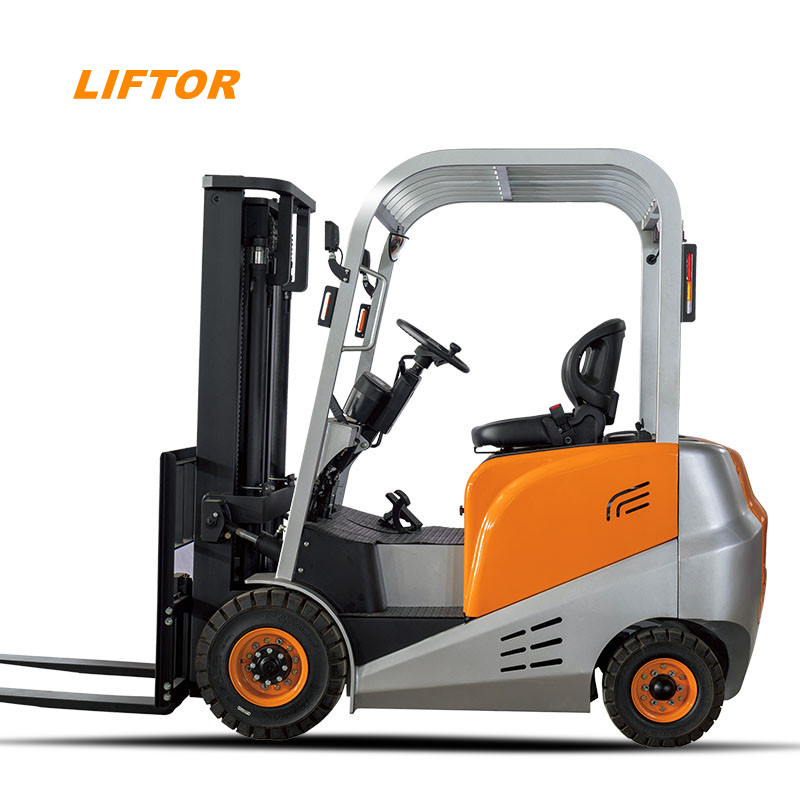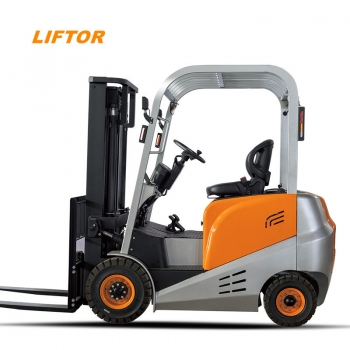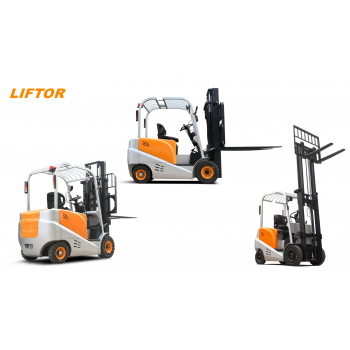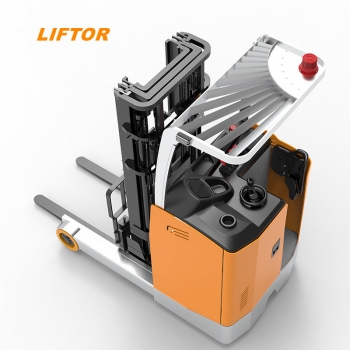
1. Understand Forklift Tonnage
The tonnage of an electric forklift refers to the maximum weight it can safely lift and carry. Electric forklifts typically range from 1 ton to 5 tons, with some heavy-duty models capable of handling even more. It’s essential to match the forklift's lifting capacity with the weight of the goods you'll be handling to avoid overloading and ensure safety.
2. Calculate the Weight of Your Load
The primary factor in choosing forklift tonnage is the weight of the items you need to lift. If you are handling lighter loads such as boxes, pallets, or packages, a 1-ton or 2-ton electric forklift should be sufficient. For heavier loads like steel, large machinery, or construction materials, you'll need a forklift with a 3-ton, 4-ton, or even higher tonnage.
3. Assess Your Working Environment
Your work environment plays a significant role in determining the appropriate forklift tonnage. For indoor environments with limited space, a smaller-tonnage forklift (1 to 2 tons) is typically more suitable as it is more compact and maneuverable. On the other hand, if you are working in a large warehouse or outdoor yard where space is more abundant, a higher tonnage forklift may be necessary to handle larger, heavier loads efficiently.
4. Consider Lift Height and Stability
Besides tonnage, the lift height and stability of the forklift are crucial. Higher lift heights require the forklift to have sufficient stability to prevent tipping. A forklift with a higher tonnage may offer more lifting power but could compromise maneuverability or stability in high-lift operations. Therefore, it's important to balance tonnage and lift height based on your specific needs.
5. Think About Battery Life and Charging
Electric forklifts are powered by batteries, so it’s essential to consider the battery capacity and its longevity, especially for higher-tonnage forklifts. Larger forklifts with higher tonnage require more powerful batteries, which can affect charging times and usage intervals. If your operation demands long hours of continuous lifting, be sure to select a forklift with an adequate battery capacity to reduce downtime for recharging.
6. Consult with Professionals
If you’re unsure about which tonnage best suits your business needs, consider consulting with forklift manufacturers or dealers. They can assess your specific requirements, including the type of goods, load frequency, workspace conditions, and lift heights, to recommend the most suitable forklift for your operations.
Conclusion
Selecting the right tonnage for an electric forklift is crucial to improving your operational efficiency, reducing maintenance costs, and ensuring workplace safety. By carefully considering load weight, working environment, lift height, battery life, and overall stability, you can make an informed decision that meets your business needs. Always prioritize practicality over sheer tonnage to avoid unnecessary costs and maximize the performance of your forklift fleet.



